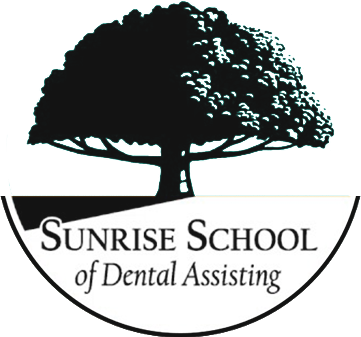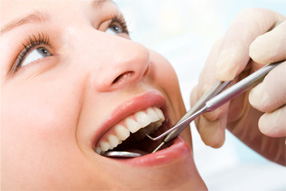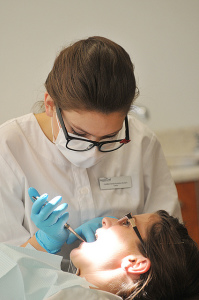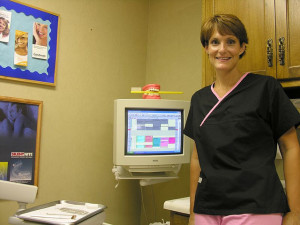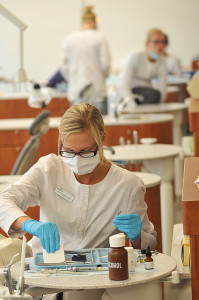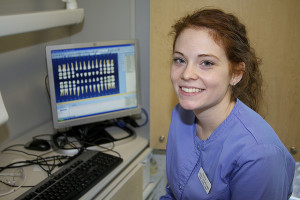 It’s that time of year again! During the second half of December, many people take a look at what they accomplished over the past year and make plans for the upcoming one. This year as you head into 2015, you might be ready to make some changes as far as your career goes. Maybe you’ve been stuck in a dead-end job, or perhaps you’re just ready for a change. It’s possible that you graduated from high school last spring, and you haven’t been sure about what your next step should be. Or maybe your last child went off to kindergarten or college and you’re ready for something new!
It’s that time of year again! During the second half of December, many people take a look at what they accomplished over the past year and make plans for the upcoming one. This year as you head into 2015, you might be ready to make some changes as far as your career goes. Maybe you’ve been stuck in a dead-end job, or perhaps you’re just ready for a change. It’s possible that you graduated from high school last spring, and you haven’t been sure about what your next step should be. Or maybe your last child went off to kindergarten or college and you’re ready for something new!
No matter why you’re making a career-based new year’s resolution, here are some reasons why a career beginning at the Sunrise School of Dental Assisting can go a long way toward making your dreams come true!
Resolutions to Increase Income
If you are currently unemployed, making minimum wage or in a job that does not have the potential for growth, enrolling in our program to learn how to become a dental assistant can allow you to increase your income in 2015. According to salary.com, the average salary for a dental assistant is almost $34,000 per year. This varies depending on whether you work for an individual dentist, a practice, a specialist, a health department, a dental school or a hospital. It also varies by location. If your new year’s resolution is to make more money, however, being trained as a dental assistant is a great first step!
Resolutions to Go Back to School
Many times, higher education gets put on the back burner as people get jobs, get married, have children and buy houses. Going back to complete a four-year degree can seem overwhelming, not only in terms of the time and effort involved, but also in terms of how much money it will cost. At the Sunrise School of Dental Assisting, our programs have you ready to enter the workforce in about three months. This means that you won’t be trying to juggle work, life and school for years at a time.
Resolutions to Make a Difference
Dental assistants have the power to make a difference in their communities. Whether you’re helping an area dentist examine the teeth of low-income children during Dental Health Month or you are holding a fearful patient’s hand during a procedure, your job in the health care field can help others. You will be in a position to help educate others about the importance of good dental health, and you’ll also be filling a need in your employer’s office. The Sunrise School of Dental Assisting can prepare you to have a challenging and helpful career that can allow you to positively impact others.
